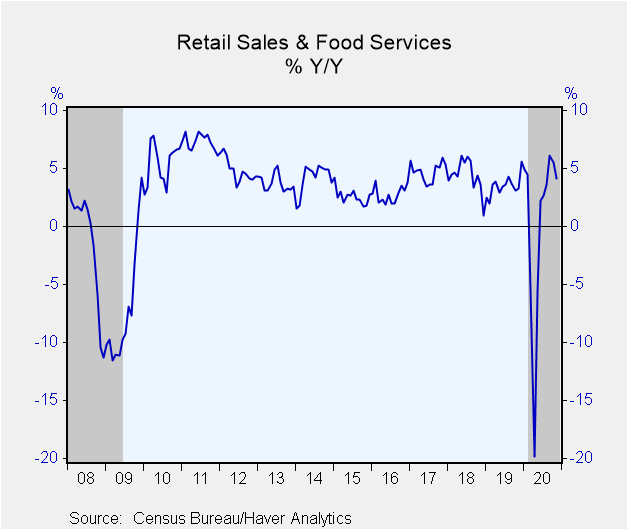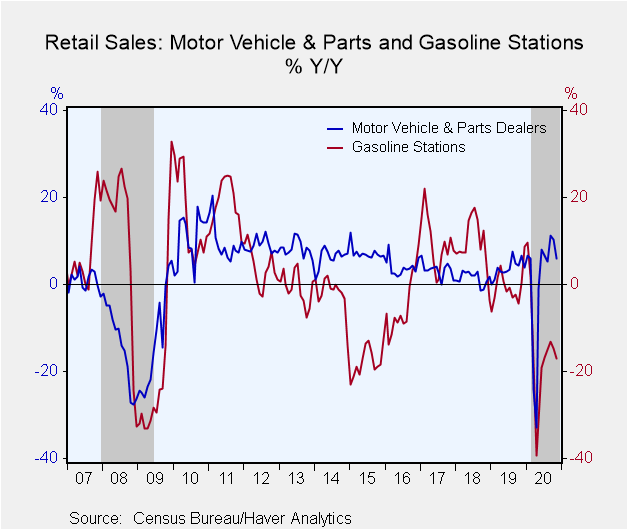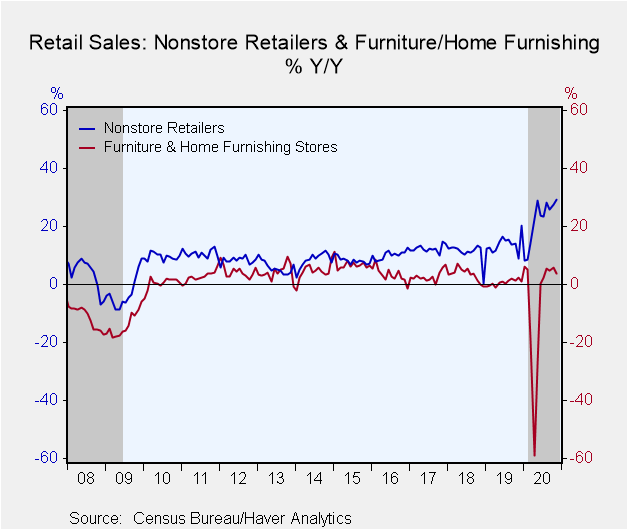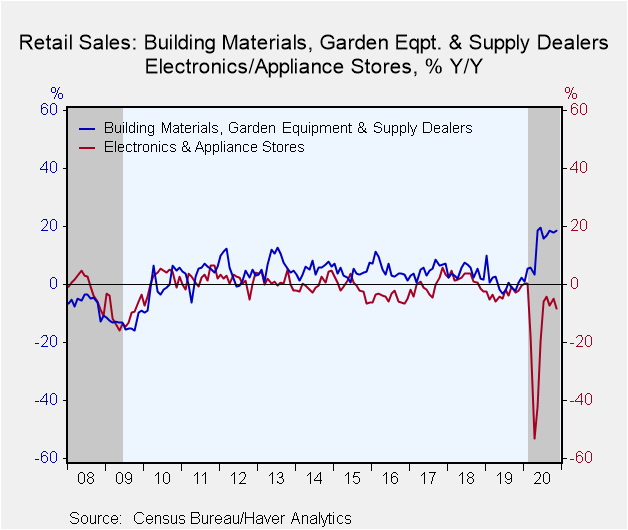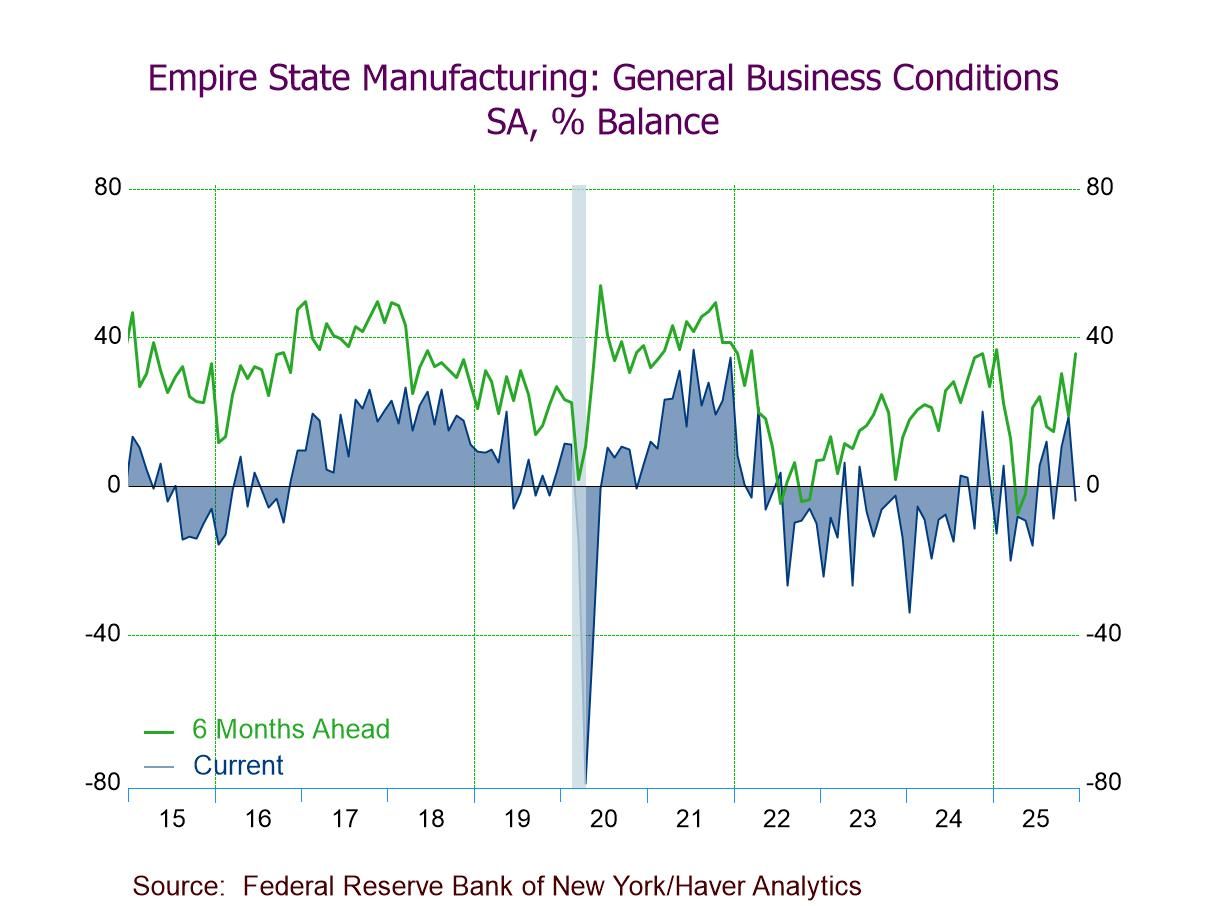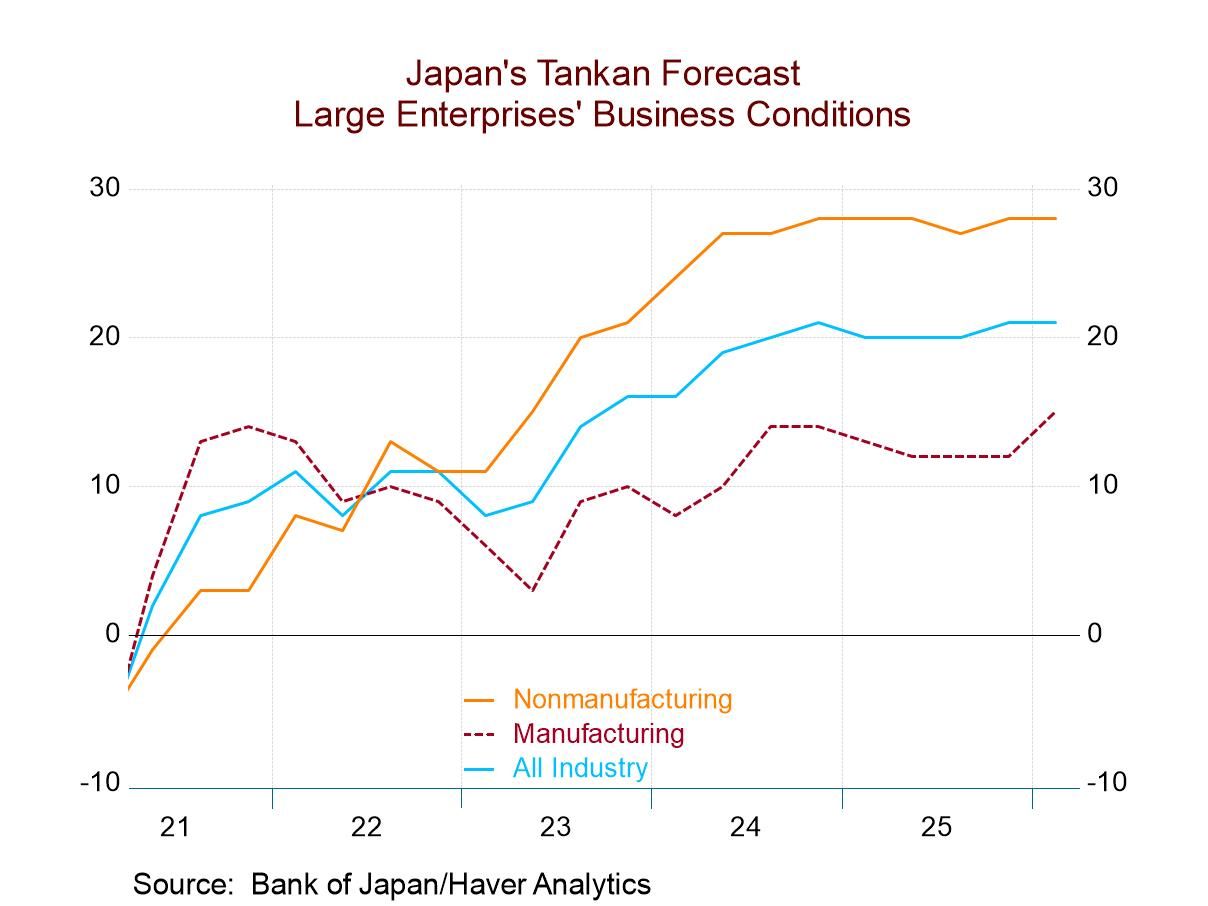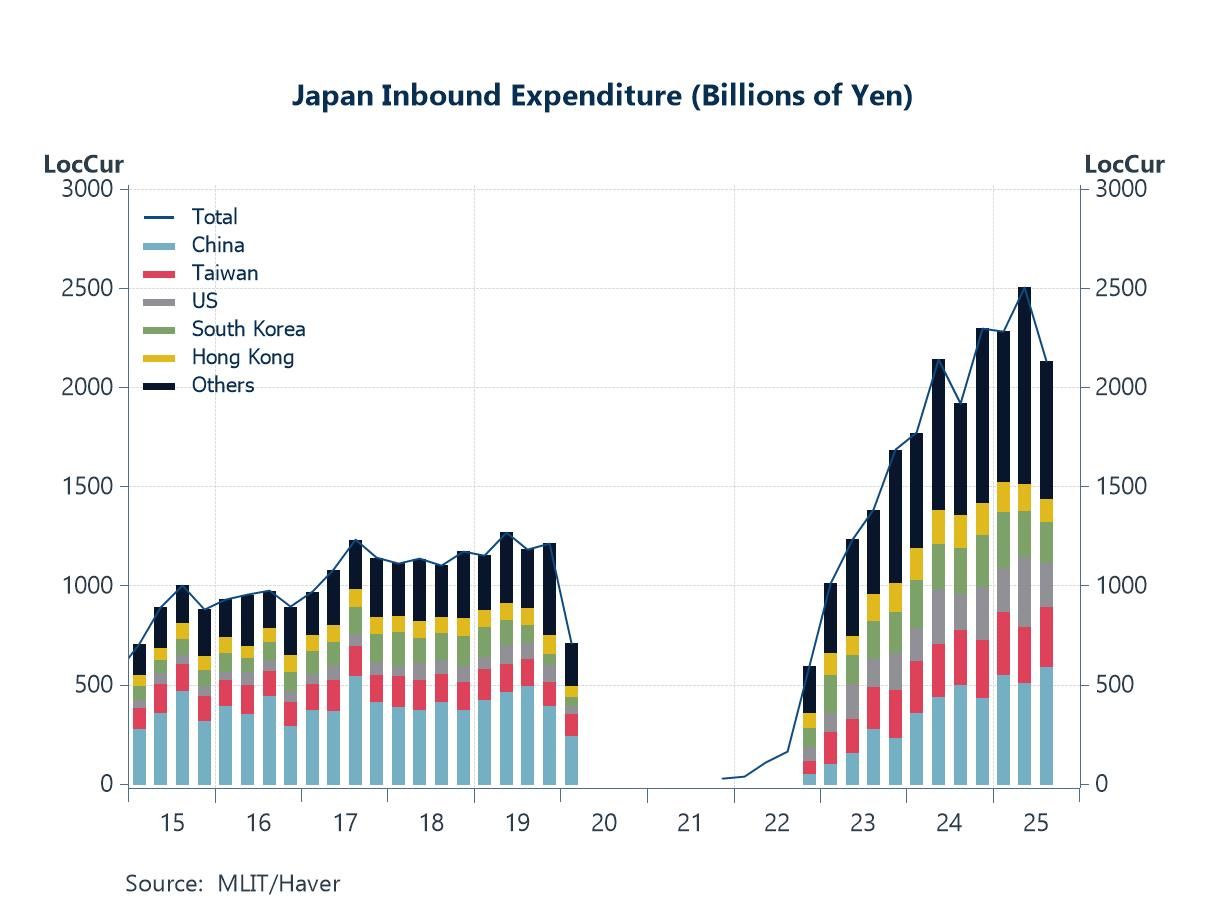 Global| Dec 16 2020
Global| Dec 16 2020U.S. Retail Sales Post Broad-based Declines During November
by:Tom Moeller
|in:Economy in Brief
Summary
• Consumers pull back spending as coronavirus cases increase. • New business restrictions and limits to store access grow. • Spending weakness is widespread. Total retail sales including food service & drinking establishments declined [...]
• Consumers pull back spending as coronavirus cases increase.
• New business restrictions and limits to store access grow.
• Spending weakness is widespread.
Total retail sales including food service & drinking establishments declined 1.1% (+4.1% y/y) during November after edging 0.1% lower in October, revised from +0.3%. These declines followed five consecutive months of strong gains. A 0.3% sales decline during November had been expected in the Action Economics Forecast Survey. Retail sales excluding motor vehicles & parts fell 0.9% (+3.6% y/y) after easing 0.1% in October, revised from a 0.2% improvement. A 0.1% rise had been anticipated. In the retail control group, which excludes autos, gas stations, building materials & food services, retail sales fell 0.5% (+9.5% y/y) following a 0.1% slip, which came after three consecutive months of roughly 1.0% improvement. Retail sales excluding restaurants declined 0.8% last month (+7.1% y/y) after easing slightly in October.
Sales of motor vehicle & parts dealerships fell 1.7% last month (+6.0% y/y), following no change in October and a 3.1% September improvement. This compares to a 3.1% fall in unit light vehicle sales reported for November. Gasoline & service station sales fell 2.4% (-17.1% y/y), even though seasonally adjusted gasoline prices (constructed by Haver Analytics) rose 3.8% m/m. As individuals stayed home due to the coronavirus outbreak, building materials & garden store sales firmed 1.1% (18.7% y/y) following two months of slight increase.
Sales of nonstore retailers improved 0.2% (29.2% y/y) following a 2.4% October gain. Working lower were apparel & accessory store sales which plummeted 6.8% (-16.1% y/y) after falling 3.4%. Electronics & appliance store sales were off 3.5% (-8.3% y/y) after a 1.1% increase. Sales at furniture & home furnishings stores weakened 1.1% (+3.6% y/y) following two months of slight improvement. Sporting goods, hobby, book & music store sales also fell 0.6% (+19.6% y/y), down for the fourth month in the last five. General merchandise stores sales fell 1.0% (+3.4% y/y), about as they did in October. Shopping in department stores continued to weaken as sales plunged 7.7% (-19.0% y/y), the largest of three declines in the last four months.
As individuals stayed home, food and beverage store sales jumped 1.6% last month (10.9% y/y), the first increase in four months. In another nondiscretionary category, health & personal care products sales fell 0.7% (+3.5% y/y) for a second consecutive month.
Eating out was sharply reduced as restaurant and drinking establishment sales weakened 4.0% last month (-17.2% y/y), after strengthening for five of the prior six months.
The retail sales data can be found in Haver's USECON database. The Action Economics forecast is in the AS1REPNA database.
| Retail Spending (% chg) | Nov | Oct | Sep | Nov Y/Y | 2019 | 2018 | 2017 |
|---|---|---|---|---|---|---|---|
| Total Retail Sales & Food Services | -1.1 | -0.1 | 1.7 | 4.1 | 3.5 | 4.4 | 4.7 |
| Excluding Autos | -0.9 | -0.1 | 1.4 | 3.6 | 3.4 | 5.2 | 5.0 |
| Retail Sales | -0.8 | -0.0 | 1.7 | 7.1 | 3.3 | 4.2 | 4.6 |
| Retail Less Autos | -0.5 | -0.0 | 1.2 | -5.7 | 3.2 | 5.1 | 4.9 |
| Motor Vehicle & Parts | -1.7 | 0.0 | 3.1 | 6.0 | 3.7 | 1.4 | 3.4 |
| Food & Beverage Stores | 1.6 | -0.7 | -0.0 | 10.9 | 2.5 | 2.9 | 4.1 |
| Gasoline Service Stations | -2.4 | -0.2 | 1.8 | -17.1 | -0.6 | 9.3 | 9.4 |
| Food Service & Drinking Places | -4.0 | -0.5 | 2.4 | -17.2 | 4.6 | 5.8 | 5.7 |
Tom Moeller
AuthorMore in Author Profile »Prior to joining Haver Analytics in 2000, Mr. Moeller worked as the Economist at Chancellor Capital Management from 1985 to 1999. There, he developed comprehensive economic forecasts and interpreted economic data for equity and fixed income portfolio managers. Also at Chancellor, Mr. Moeller worked as an equity analyst and was responsible for researching and rating companies in the economically sensitive automobile and housing industries for investment in Chancellor’s equity portfolio. Prior to joining Chancellor, Mr. Moeller was an Economist at Citibank from 1979 to 1984. He also analyzed pricing behavior in the metals industry for the Council on Wage and Price Stability in Washington, D.C. In 1999, Mr. Moeller received the award for most accurate forecast from the Forecasters' Club of New York. From 1990 to 1992 he was President of the New York Association for Business Economists. Mr. Moeller earned an M.B.A. in Finance from Fordham University, where he graduated in 1987. He holds a Bachelor of Arts in Economics from George Washington University.


